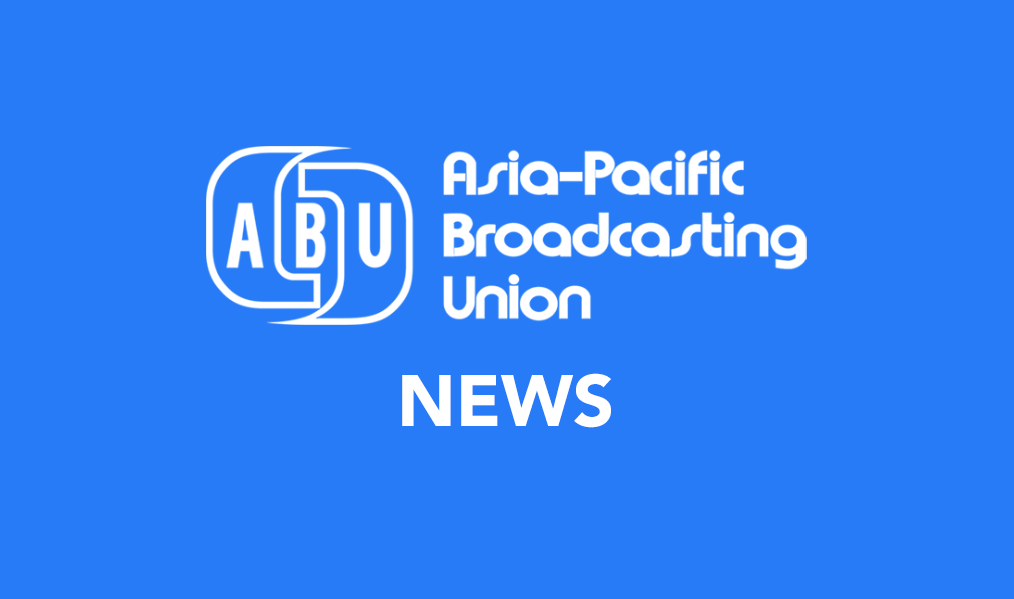
Germany’s ARD to speed up DVB-T2 transition
 German public broadcaster and ABU member ARD wants to accelerate the transition to the new digital terrestrial television (DTT) standard DVB-T2.
German public broadcaster and ABU member ARD wants to accelerate the transition to the new digital terrestrial television (DTT) standard DVB-T2.
Broadband TV News reports the German government wants to allocate the frequencies in the 700 MHz band currently used by television to mobile network operators in mid-2019 and not, as originally planned, at the end of 2020. ARD therefore wants to finalise the transition from the currently used DVB-T system to the successor DVB-T2 in mid-2019.
The commencement of DVB-T2 transmissions planned for 2017 can, however, not be brought forward as the German public and commercial TV broadcasters have agreed to roll out DVB-T2 in combination with compression standard HEVC. Suitable reception devices won’t become available before 2016/17.
For the public broadcasters, it is very important that there will be inexpensive and not only high-end receivers on the market, says ARD, adding that the launch date can’t be moved forward for this reason. ARD would, however, be open towards an accelerated DVB-T2 deployment in metropolitan areas in mid-2016 aimed for by transmitter network operator Media Broadcast.
DVB-T2 enables more channels, higher picture quality, HDTV channels and improved mobile reception. ARD can also reduce its distribution costs by around 15% with the new standard. Viewers, however, have to buy new reception devices, as the DVB-T receivers currently in use aren’t suitable for DVB-T2. The channels operated by public broadcasters ARD and ZDF will remain free of charge on the new distribution platform, but the commercial broadcasters plan to set up encrypted, fee-based packages.

